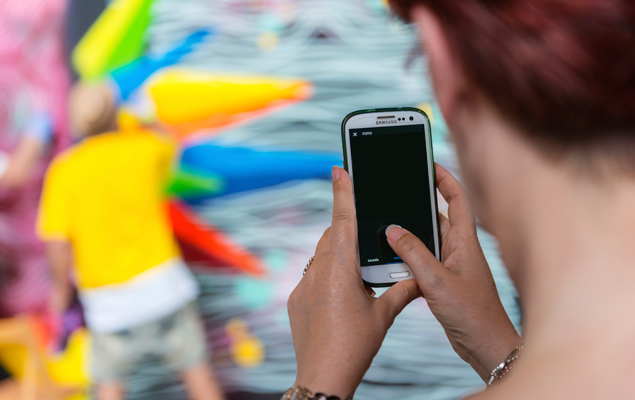Sharing images on Instagram and other social network platforms is such a common practice that we do it without hardly even thinking about it. But we must be aware that sharing a piece of creative content (picture, text, etc.) has implications in terms of copyright laws. When we share other people’s photos, are we infringing on their copyrights?
The Tel Aviv Magistrate’s Court recently issued a ruling that adjudicated the following situation: the plaintiff uploaded a photo to Instagram, tagging the defendant in the photo, and the defendant reposted the photo on Instagram and on its Facebook page.
Prima facie, at issue is the publicizing of a piece of creative content in the public domain, which is a prohibited act pursuant to the Copyright Law, unless the plaintiff gave the defendant permission to do so. The question is whether tagging another person constitutes granting permission to that person to share the tagged photo.
The court’s decision
The court ruled that when an Instagram user, whose account is public, tags another person in a photo, this is basically tantamount to giving the person tagged in the photo permission to repost the tagged photo. In other words, the very tagging of the photo constitutes the granting of permission by the copyright holder to the tagged person to publicize the photo in the public domain through reposting. Under these circumstances, the reposting does not constitute copyright infringement.
That is not all. When it comes to copyrights, even if we received permission to perform some action with a piece of creative content, we must give credit to the creator. In the case at hand, the defendant tagged the plaintiff when it reposted the photo. Thus, the court ruled that the tagging of the plaintiff was tantamount to giving credit to the plaintiff who had uploaded the photo.
To tag or not to tag?
When Sharing images on Instagram it is important to keep in mind that when we make use of creative content (photographs, video clips, written prose, poems, etc.), we must protect the copyrights of the owners of such work. If we fail to do so, we are exposing ourselves to lawsuits. There are many questions that must be addressed in any such instance. For example: Who owns the copyright (it isn’t necessarily the person who posted the content)? Did the creator give permission to use the content and, if so, what permission did the creator give? In what way are we using the creative content? Does this infringe a copyright or not? What credit should the creator receive?
Likewise, we must keep in mind that the actions we take (such as tagging someone in a photo we post) have legal implications that affect the rights and permissions of items we post.
***
A partner in our litigation department, Adv. Gal Livshits has vast experience in representing clients with regards to various IP Infringement issues.
Source: barlaw.co.il


